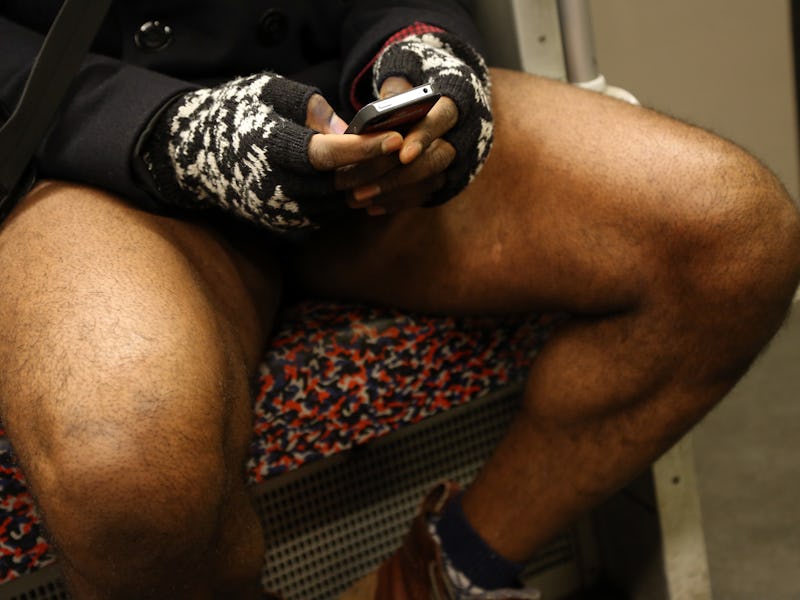How 911 Butt-Dials Are Wreaking Havoc on Emergency Call Systems
Pocket dialing accounts for half of cell phone 911 calls in some cities. What to do about it?

Butt-dials. Turns out they’re not just an amusingly named nuisance anymore. They’re also seriously straining our country’s emergency management systems.
Knock it off, asses. It’s not funny anymore.
A new report just published by the “Google 9-1-1 Team” — a volunteer project team assessing 911 call volume and incident data from the Department of Emergency Management in San Francisco — found that there had been a 28 percent surge in 911 calls between 2011 and 2014. The culprit wasn’t increased crime, or fires, or people letting out their inner Steve-O and getting into worlds of trouble (and pain).
No, it was butt-dials. During one session, for example, the researchers found that almost 30 percent of incoming calls from mobile phones were butt-dials.
Since 2011, 911 dispatchers in San Francisco were being urged to work overtime (and in some cases, essentially forced to work longer hours) in order to deal with the increased volume of calls. The mayor’s office wanted to figure out what was going on and how to deal with it, so they decided to solicit the help of Google employees under a company initiate that allows some engineers and developers to take part in projects related to social welfare.
The biggest problem is that butt dials don’t just take up extra seconds or potentially keep the line too busy for other callers to get through: All butt-dials need to be followed up because the 911 dispatcher has to know whether it was a mistake, or if someone is in need of help but unable to talk for some reason.
This follow-up, the researchers found, takes an average of 1 minute 14 seconds. Again, not a whole lot of time, but add those minutes up and it can be a huge chunk of the day stolen by crank-yanking thighs.
Technology has enabled butts to a surprising degree. All cell phones must give users the ability to make an emergency call without having to enter a passcode or unlock it another way. This makes sense considering how quickly public phones are disappearing and the frantic nature of emergencies themselves. Part of that requirement, however, means ensuring that if the phone has enough battery to be turned on, it has enough power to make an emergency call. And this includes a phone without service from a network.
Very few research projects actually gathered some data on 911 call volume, but the numbers are shocking. The Federal Communications Commission estimates that 50 percent of all incoming cell phone calls to New York’s 911 systems are butt-dials. “If my anecdotal experiences are remotely accurate,” FCC Commissioner Michael O’Rielly told the BBC, “it would mean that approximately 84 million 911 calls a year are pocket-dials.”
But it’s hard to plan for any significant actions when the amount of research and data into the issue is so small. We’re unlikely to hear of government officials making any overhaul to the 911 system — small or large — anytime soon. The Google study is a good start though, and hopefully it will spur more research that leads to meaningful changes. After all, it would be a really dark mark on humanity if butt dials turn out to be our downfall.